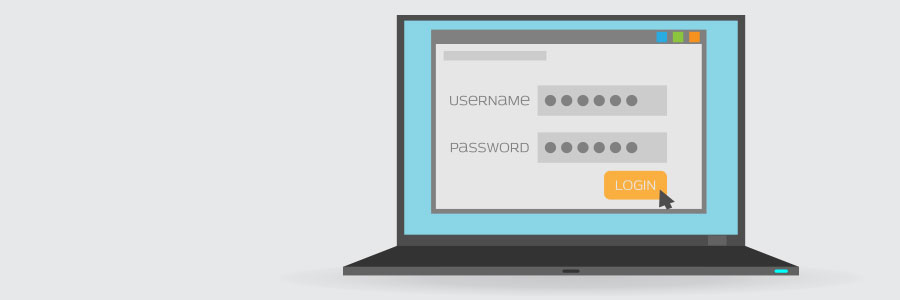Password autofill is undeniably convenient, but do you know the dangers of using this common browser feature? Here's what you should be aware of when using it and how to secure yourself from potential cyberattacks through this feature.
The risks of password autofill
Password autofill is a convenient feature found in most browsers and password managers.









